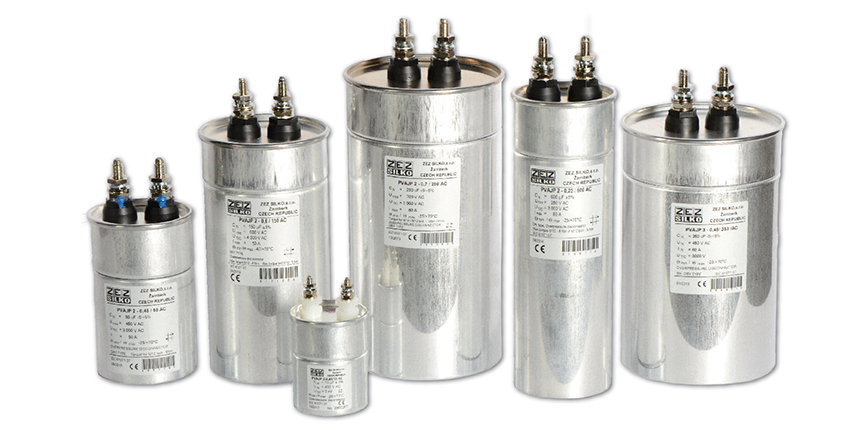
Your air conditioner has many parts to it, all that play their role in keeping your Houston home comfortable throughout the summer months. One of the essential components in the air conditioner capacitor, which gives your air conditioner the energy to start running—a vital part of the air conditioning process.
Just what is this part exactly? It’s a small cylindrical container inside your air conditioner, and its primary job is to store and supply energy. When your air conditioner starts up, it requires more power than your home electrical system can produce—and that’s where the capacitor comes in.
While your air conditioner is running, the capacitor collects and stores energy; in short, it’s like a rechargeable battery. That way, when it’s time for that big burst of energy your air conditioner needs, the capacitor can supply it and keep things running smoothly. The air conditioner’s compressor, blower motor, and fan motor all rely on the compressor (or compressors, depending on your air conditioner) to keep running and cold air running through your home.
If the capacitor isn’t working, that can lead to all sorts of problems. Sometimes, your air conditioner will be running, but the fan isn’t moving. Other times, the fan may be running, but the air isn’t cold, or the AC doesn’t stay powered on for long. In these cases, it’s likely you have a non-functioning capacitor, and it can’t provide that kickstart of energy the fan, compressor, or blower needs to do its job. You can also tell that the capacitor is failing if you hear a clicking sound from inside your air conditioner cabinet.
If your fan isn’t running, a simple test can tell if the capacitor is having troubles. Using a stick, you can push the fan while the air conditioner is running. If the fan starts moving, your capacitor is most likely damaged; it’s not storing the energy needed to start the fan motor but has enough to keep the fan running.
Looking at the capacitor can also give you some idea if it’s a problem. When the top of the capacitor is starting to bulge, instead of keeping a flat surface, or if there’s leakage, that’s a sure sign that it needs replacement.
A capacitor takes on a high strain in its lifetime and having an air conditioner run more than usual increases this strain. Most capacitors are built to last for about twenty years under ideal conditions, but ideal conditions aren’t always the case. For most capacitors, there are three common causes of failure:
One of the major problems with an AC capacitor failure is that it can lead to damage to other parts that it powers. Fans can wear down; electric connections can be damaged—once you notice the capacitor is the problem, it’s best to replace it as soon as possible so that you don’t end up with additional maintenance needs and costs.
After you’ve determined that your capacitor needs replacement, there are several options you can take to doing so. As it is like a battery, the simple process is that you need to swap it out for a new one. However, it’s a bit more complicated than just popping out the old capacitor and slipping in a replacement, so don’t attempt to do it yourself if you don’t feel confident with handling the parts.
There are several guides on how to swap out a capacitor by yourself, but here are some of the basics to keep in mind:
Of course, not everyone feels as comfortable with DIY projects, so there’s no harm in calling a professional Houston A/C repair company to do the work for you. In fact, if you see that your capacitor has oil leakage, it’s best to let a technician handle the replacement to reduce the danger.
Turbo capacitors can store more energy and have higher prices, but if they do help take away the voltage concern that may damage your capacitor.
With professional repairs, there’s not much more to worry about regarding cost. With maintenance included, you’re looking at around a $220-250 price to replace your capacitor and getting your air conditioner back into shape. If you’re working with a branded unit and want to use their parts, the cost can shoot closer to $400, but, if that’s not in your range, there are plenty of alternatives that don’t sacrifice capacitor effectiveness.
While capacitors are one of the most common causes of air conditioning trouble, replacing them is simple and inexpensive.

Licensed and Insured
H.S. Hill MPL 37466 & Kirk Brandli TACLB53102E
All prices are subject to change.